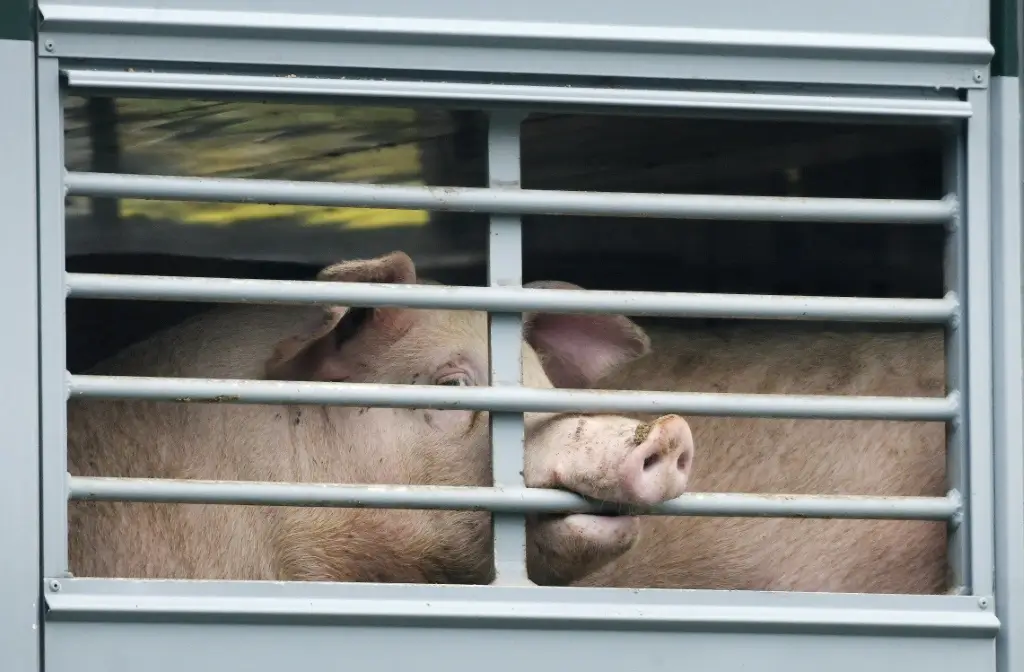
A powerful shift is brewing in Germany’s food landscape. Government advisors are urging the federal government to champion plant-based alternatives and level the playing field for vegan and vegetarian foods. For millions of conscious eaters, this could mark a turning point in the journey toward a sustainable, animal-friendly future.
In a detailed report to Agriculture Minister Alois Rainer (CSU), the Scientific Advisory Council for Agricultural Policy, Nutrition and Consumer Health Protection (WBAE) delivered a clear message: vegan and vegetarian alternatives aren’t just a lifestyle trend, they’re a necessity.
“Alternative products make sense from a sustainability policy, economic, and social perspective,” the report states. Experts note that plant-based options are “mostly, but not necessarily, healthier and more environmentally friendly than their animal counterparts.”
This isn’t just about individual choices, it’s about transforming Germany’s food and agricultural industries for a greener, fairer future.
One of the key recommendations? Ending the unfair VAT system that penalizes plant-based foods. Right now, animal products benefit from a reduced VAT rate of 7%, while vegan staples like oat milk and soy schnitzel are taxed at 19%.
For plant-based consumers, this means paying more for ethical choices, something WBAE says should change “as soon as possible.” The advisors call out “restrictive or blocking policies” that slow down the rise of vegan and vegetarian options.
The council recognizes that this shift will challenge traditional livestock farming. But they also note that “the decline in animal husbandry is likely to be rather slow and should therefore be manageable by the sector.”
In the meantime, they stress the importance of supporting farmers in restructuring for better animal welfare, ensuring no one is left behind in the move toward plant-based innovation.
Plant-based products don’t just face tax hurdles, they also battle outdated regulations. Vegan “milk” and “sausages” are often caught in labeling disputes, with political leaders siding with established animal agriculture players.
“This may be due, for example, to political officeholders sharing the views of established market players or fearing to antagonize them,” WBAE noted. For vegan and vegetarian advocates, this highlights why regulatory reform is crucial.
The panel insists that Germany should take on a global leadership role in plant-based innovation. Instead of letting meat consumption become a “symbolic issue for identity-political strategies,” policymakers must focus on “active, strategically oriented promotion” of alternatives.
This means embracing plant-based and biotechnological innovations that make sustainable, ethical eating accessible to everyone.
The experts are clear that plant-based foods aren’t just better for the planet and animals, they’re the key to a thriving, equitable food system. But with Agriculture Minister Rainer, himself a butcher, cautious about imposing guidelines on consumers, it remains to be seen how far the federal government is willing to go. “The federal government's goal is to promote varied and balanced food without imposing guidelines on consumers,” Rainer said.